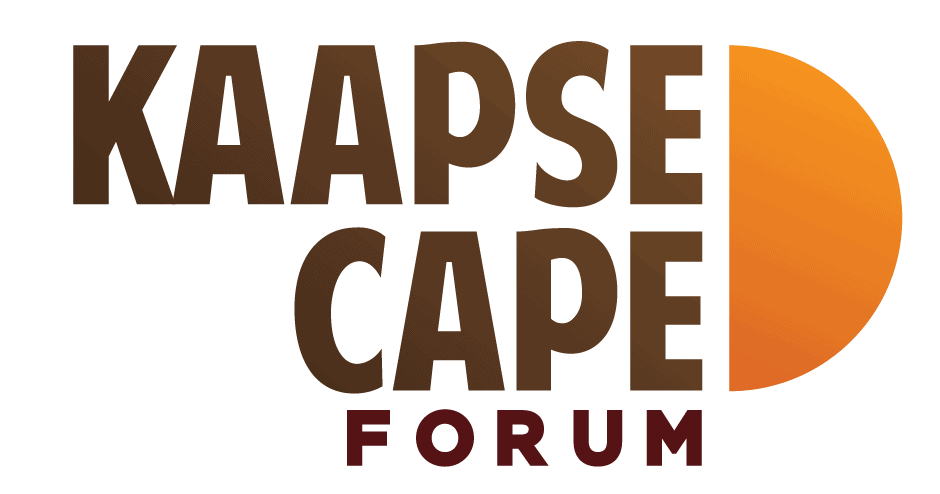Cape Forum’s Constitutional Court application on provincial referendums puts pressure on Parliament
Cape Forum’s Constitutional Court application to enable premiers to call provincial referendums is now putting pressure on Parliament to enact appropriate legislation for the holding of provincial referenda.
Cape Forum approached the court in May 2023 to seek legal clarity on whether premiers indeed possess the legal power to call referendums. This followed conflicting legal advice gathered by the organisation and the Western Cape provincial government.
While section 127(1)(f) of the 1996 Constitution allows for premiers to call for referendums, it states clearly that it must happen in accordance with national legislation. However, the “national legislation”, namely the Electoral Commission Act of 1996 and the Referendums Act of 1983, only provides for mechanisms for the President to call a national referendum.
Therefore, Cape Forum in their application appealed to the court to declare the Referendums Act unconstitutional and to order Parliament to institute the required legislative powers to give effect to section 127 of the Constitution. Cape Forum listed as respondents the following parties: Premier of the Western Cape, President of South Africa, Chairperson of the National Council of Provinces, Speaker of the National Assembly, Electoral Commission, Minister of Home Affairs, as well as the premiers of the other eight provinces.
The court has now granted the joinder application of the eight premiers, stating that they have “a sufficient interest in the matter to justify their joinder”. In addition, the Court considers the case – “both in regard to [the Court’s] exclusive jurisdiction and direct access [to the Court] and in regard to the merits” – as a matter that would ordinarily be “sufficient to justify hearing the application”.
Considering that the Electoral Commission Amendment Bill is currently pending before Parliament, the Court has decided not to hear Cape Forum’s application at this time. The Bill, tabled last June by DA MP Annelie Lotriet as a private members bill, also seeks to address Parliament’s failure to enact legislation to empower premiers with mechanisms to call referenda, as is constitutionally required.
The court stated in its order that Cape Forum “will be entitled to apply for appropriate relief if the said Bill is not enacted within a reasonable period of time or is enacted in a form that is alleged to be inconsistent with the Constitution”.
Cape Forum Executive Chairperson Hein Wyngaard says the organisation is upbeat about the fact that the Court has now opened the door to this important matter. “Civil right organisations cannot simply sit back and be spectators to the UFC fight between the national governing party and the party governing the Western Cape. It is our duty to ensure that residents of provinces are also allowed into the cage to test their support by means of provincial referendums for issues that affects them personally.”
Wyngaard says Cape Forum will, in conjunction with other organisations and also party political role-players, watch the parliamentary legislative process closely to ensure adherence to the Constitutional Court’s order. “The year when South Africa celebrates three decades of democracy should be the year in which citizens should insist on being granted all constitutionally enshrined rights,” he says.



